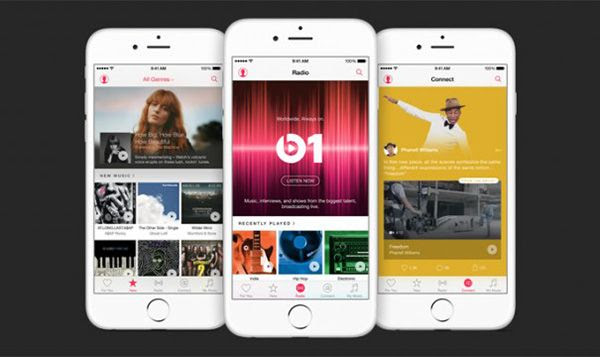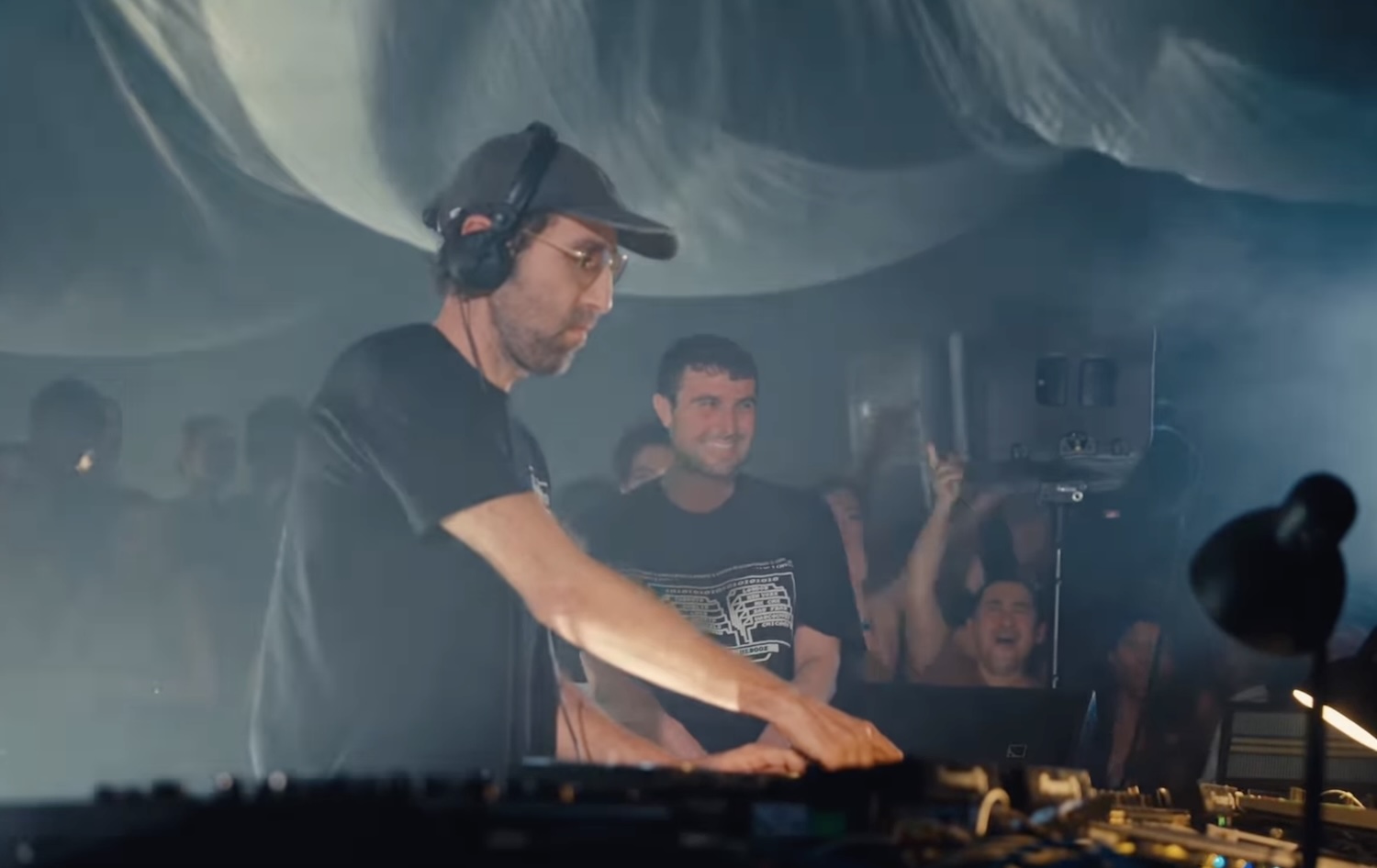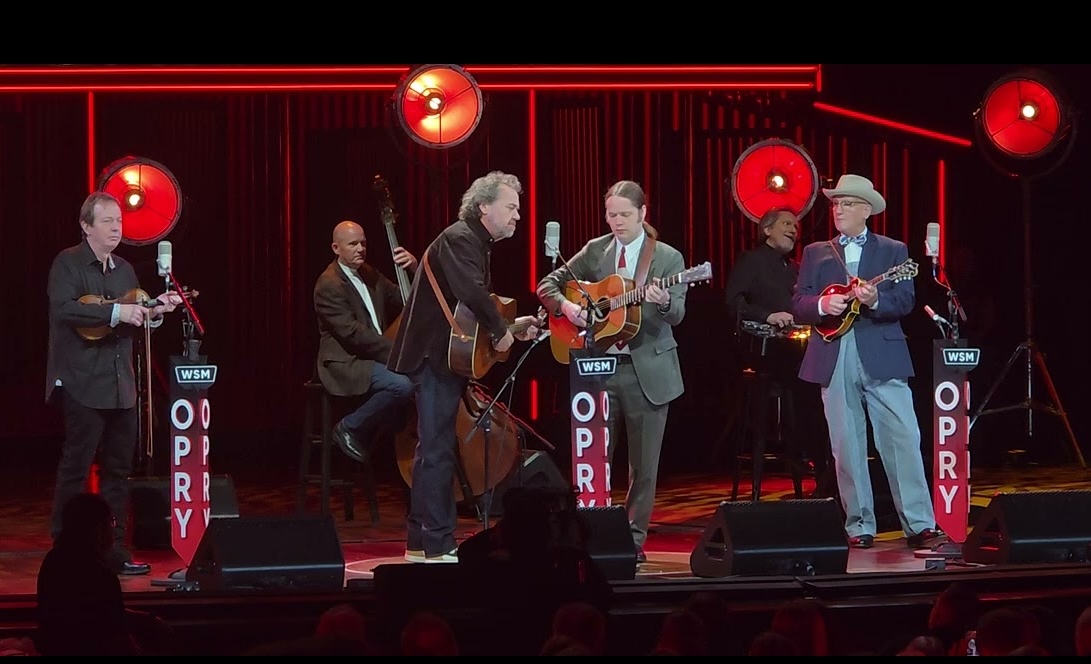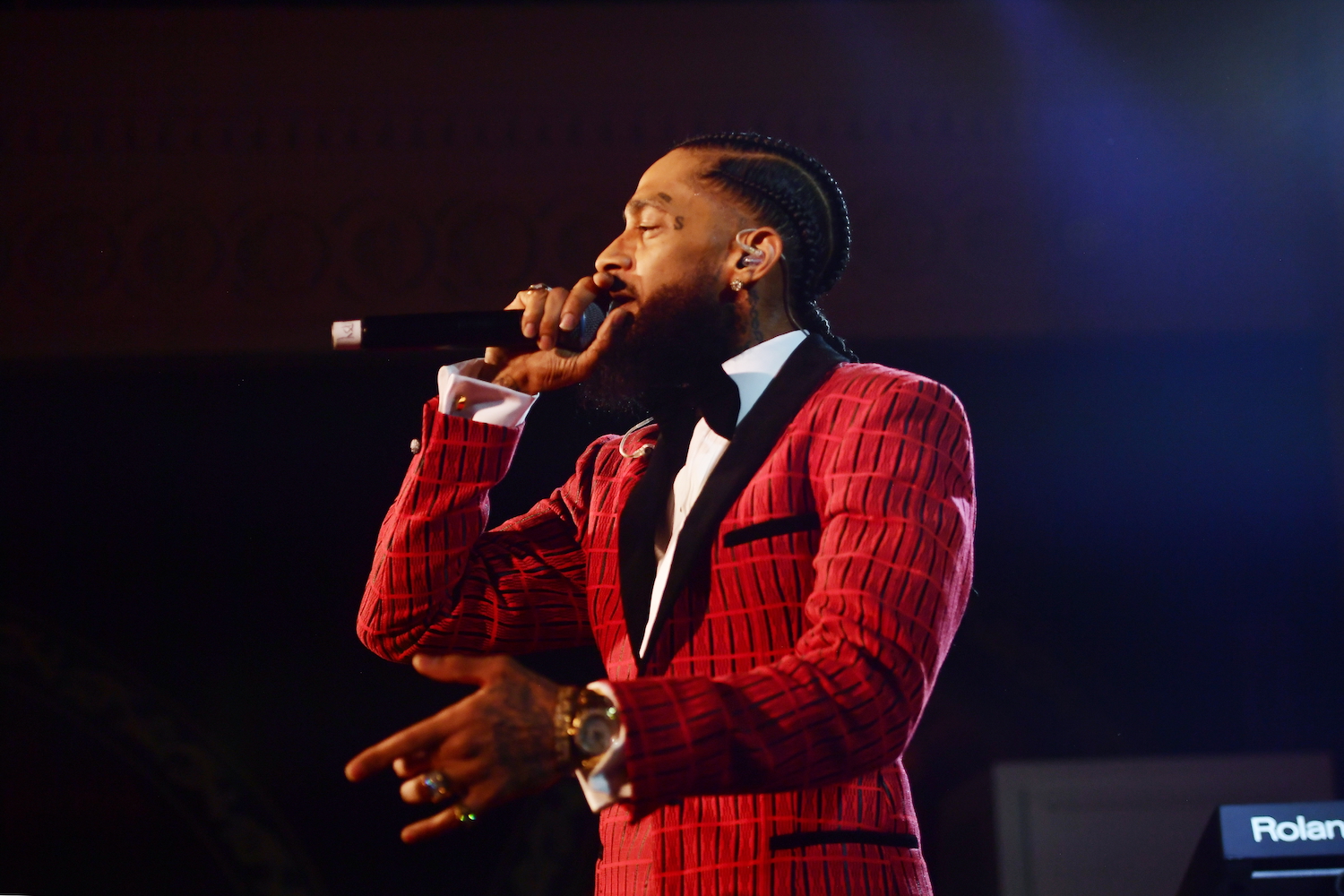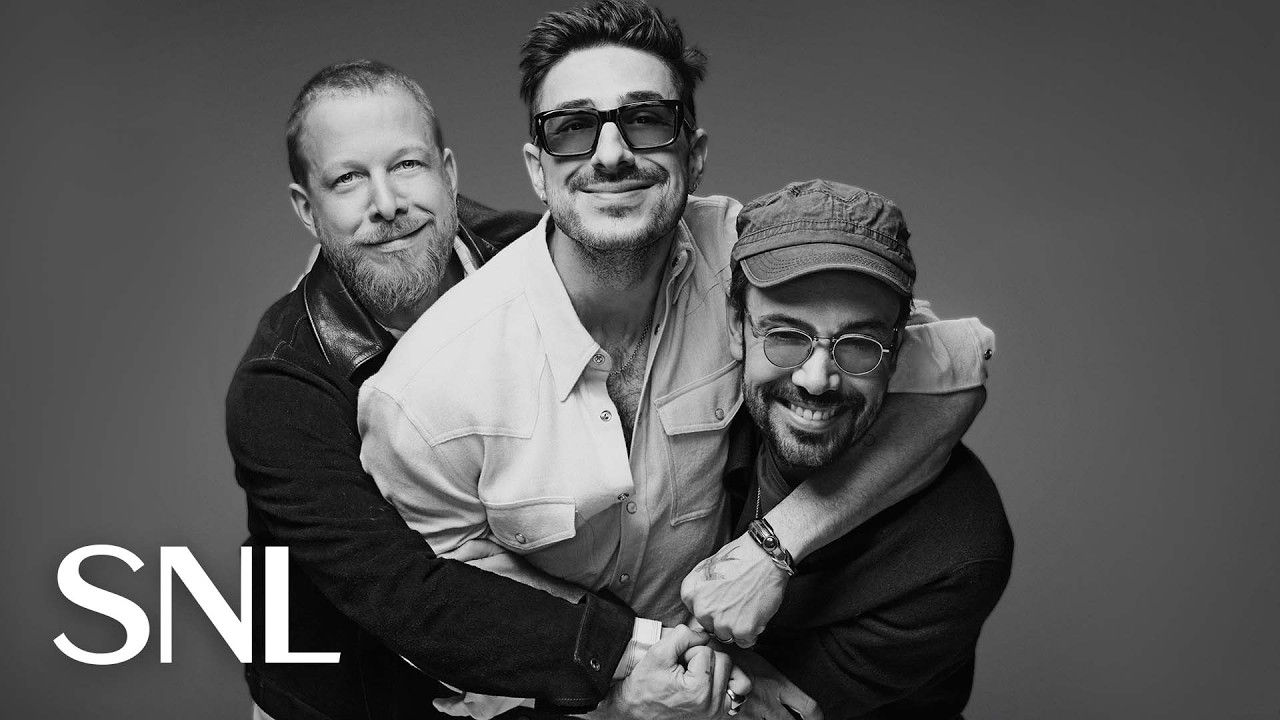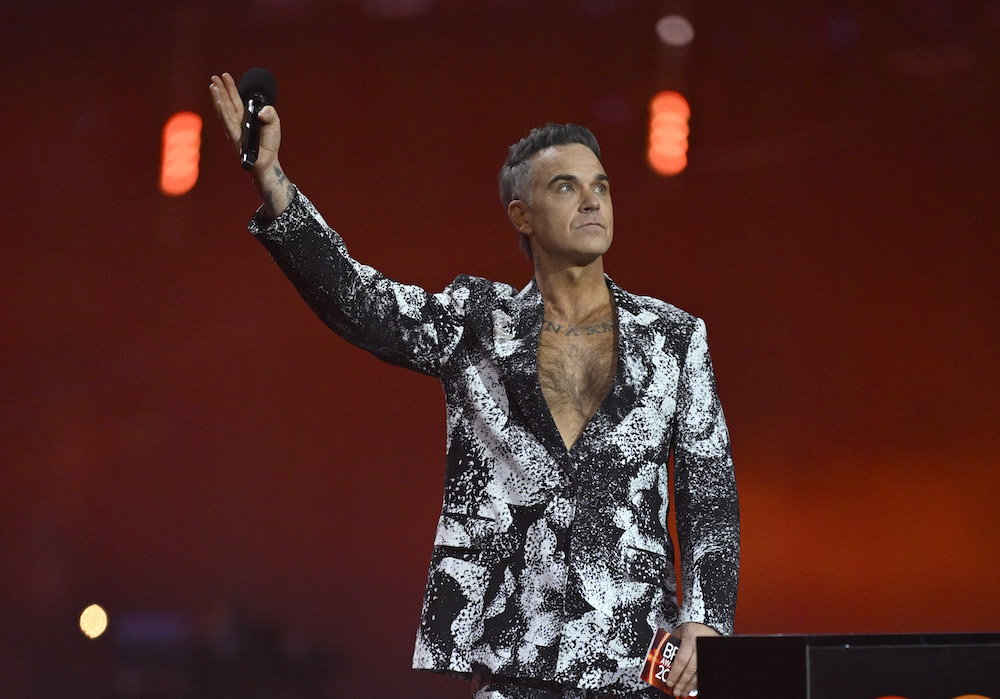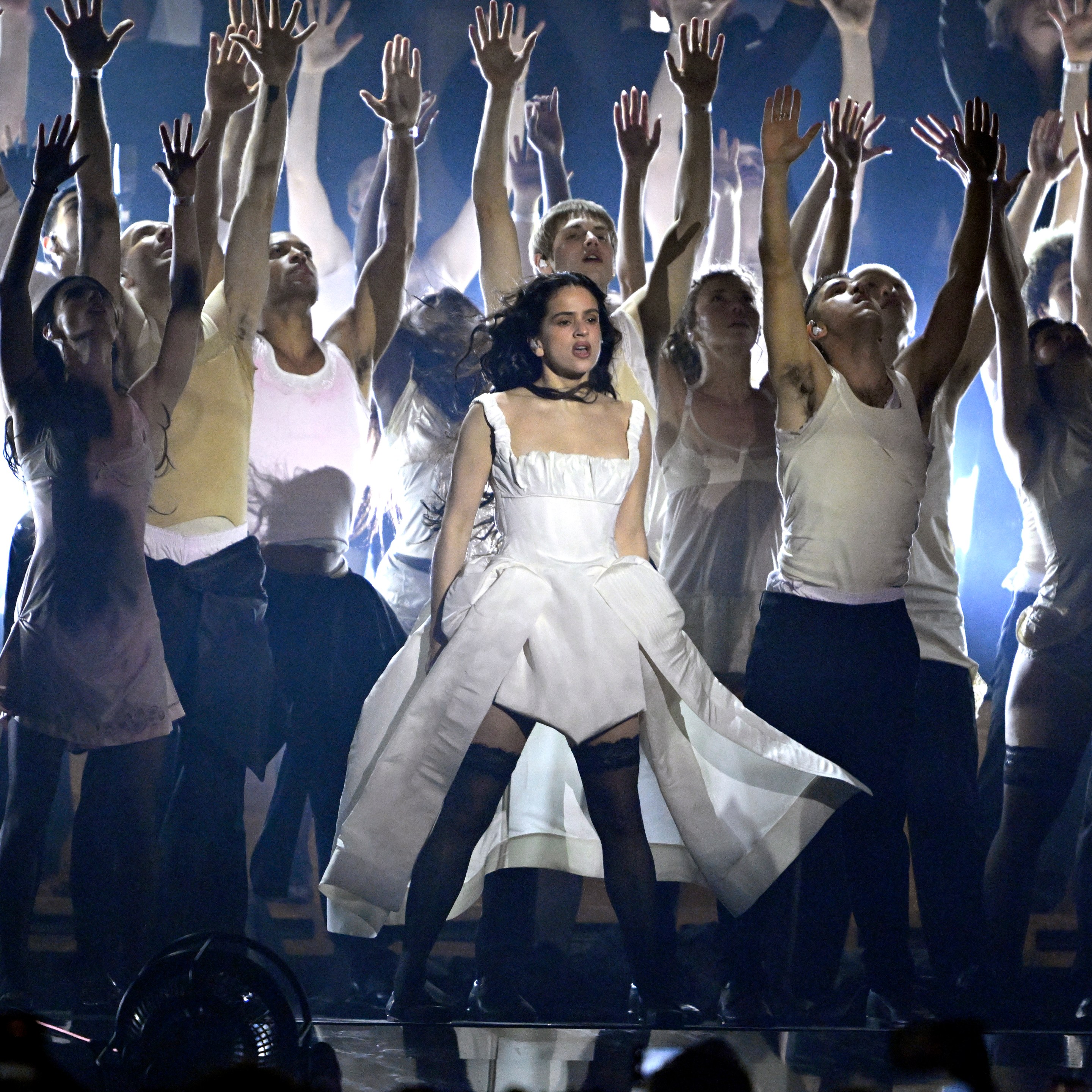Apple announced its new Apple Music platform Monday with plenty of fanfare, spawning a range of reactions from "Welcome, Apple" to "Oh ok." The prospect of its three-pronged streaming/radio/social media attack is a little intriguing, but there's a lot left to understand about the new services. Here are some of our lingering questions.
1. Does the streaming library include the Beatles, Taylor Swift, and other white whales of the streaming industry?
During Monday's presentation, Apple announced that Apple Music subscribers would be allowed to stream everything in the iTunes Store. If they really mean everything, that means they'll be the first on-demand streaming service to offer access to the Beatles' catalog -- and if they're offering access to the Beatles' catalog, why wouldn't they make a point of saying so? The iTunes Store also includes Taylor Swift's 1989, which isn't available on any streaming service, and a number of other big-time acts who aren't on Spotify. If these notoriously elusive superstar musicians were letting their music be part of Apple's new service, Apple would be foolish not to mention it. Will they close these deals by the end of the month?
2. What are the details of the family plan?
Apple Music is selling family memberships for up to six people for $14.99/month. Do any six people qualify as a family, or do they have to reside at the same residence as Spotify requires? Consider this hypothetical: If Jay Z signs up for a family plan, he could obviously include Beyoncé and Blue Ivy, but what about Solange, Alan Ferguson, and Julez? What about people who aren't even related? Say Jay wants to loop Kanye, Kim, and Nori into his family plan -- can he?
3. What royalty rate are they paying rights holders?
iTunes sales allegedly pay 70 percent, which set the industry standard. Tidal is said to pay a bit more. Apple Music is bound to take a massive bite out of iTunes sales, especially with its offline streaming functionality, so will the streams net artists a comparable fee? (Yesterday Rolling Stone asked Apple's Eddie Cue to be specific about payouts; he said, "We won't.")
4. Does the new focus on global radio mean they're ending the distinctions between different regions' iTunes stores?
Apple is heralding Beats 1 as a new kind of online radio, one with the human touch of terrestrial radio and the on-air personalities to prove it. The station is broadcasting globally from Los Angeles, New York, and London. But iTunes has always kept a separation between countries -- for instance, Tame Impala's Currents was available for presale in Japan before anywhere else. So if one night Zane Lowe premieres a new Vampire Weekend song to everyone in the world, will the iTunes store follow suit?
5. Will advance album streams on iTunes Radio First Play continue to be available to the general public?
Lots of major artists stream their albums early on iTunes, but Apple could probably leverage more subscriptions by putting that kind of premium content behind the paywall. On the other hand, part of the appeal for the artists must be the extremely wide iTunes customer base, so Apple will likely have to pay a premium if they want to make First Play the province of subscribers only.
6. How did the formerly anonymous singer/songwriter Loren Kramar get such cushy placement during the keynote presentation?
This one might be easy enough to answer. The Next Web explains that Kramer grew up in the San Fernando Valley, where he acted alongside the Olsen twins' younger sister Elizabeth and took Tony Danza's daughter to a winter formal. He runs an art magazine called Megazine with patronage from Julian Schnabel. Most tellingly, he seems to have connections to Interscope, whose founder Jimmy Iovine is an Apple executive thanks to the Beats acquisition.
7. How will Drake, Pharrell, et al use their Connect profiles?
Apple allegedly paid millions to get superstars to start Connect accounts, so will the company be pressing them to deliver a lot of content to validate the investment? How much sharing should fans expect, and of what quality? Can artists monetize content they upload directly via Connect? If bands take the service seriously, it could become a powerful new social network to compete with the likes of Tumblr and Bandcamp -- maybe even Facebook, Twitter, and Instagram. If not, it'll just be Ping.
8. Is SWISH gonna come out soon or what?
Kim K's tweet was such a tease.
//
[videoembed size="full_width" alignment="center"][/videoembed]
